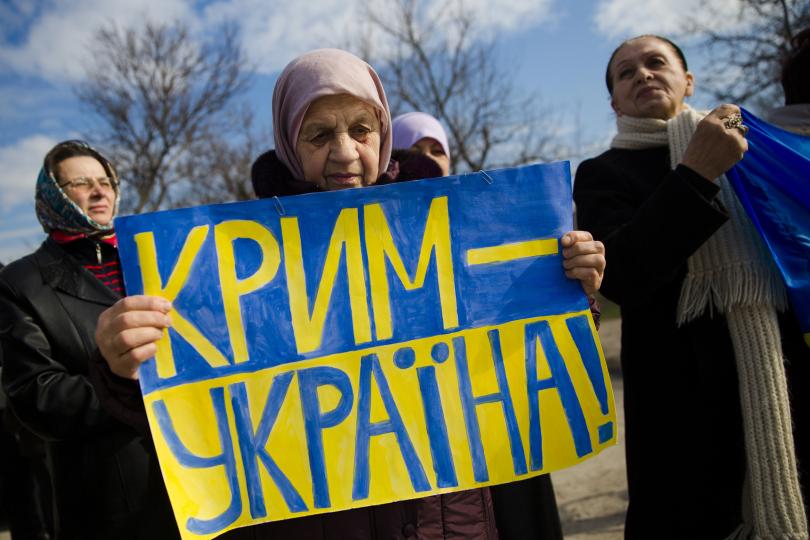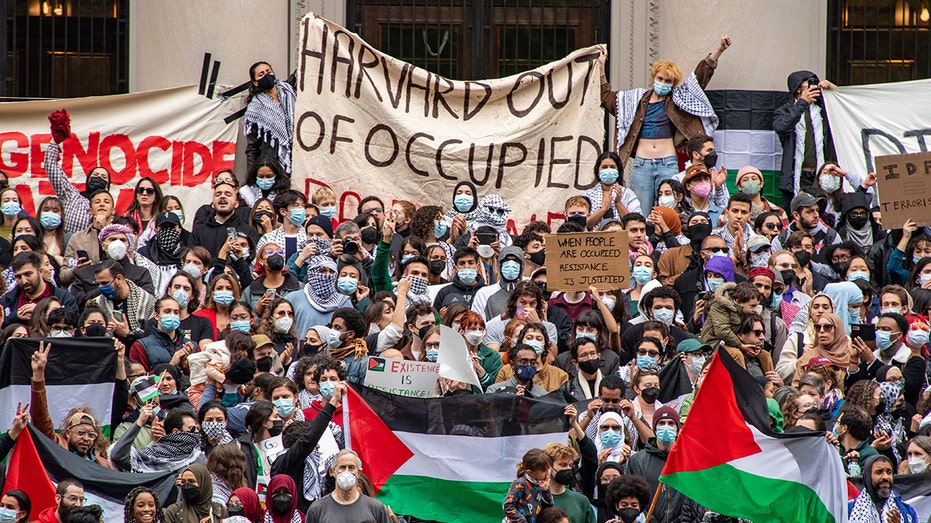Poland recognizes Russian deportation of Crimean Tatars in 1944 as genocide
This marks a significant step in the ongoing fight for justice for the Crimean Tatars, who have endured suffering under both the Russian Empire and the current occupation of Crimea.


On 12 July, the Polish Parliament recognized the deportation of Crimean Tatars in 1944 as genocide, according to Mykola Kniazhytskyi, a Ukrainian deputy, Espreso reported.
On 18 May 1944, the interior ministry of the Soviet Union (NKVD), on orders from Moscow, started mass deportation of Crimean Tatars from the Peninsula. The operation lasted three days and is deemed the speediest deportation in global history.
76 years after deportation, Crimean Tatars are again being erased from history in Crimea
“It is crucial for us that the whole world recognizes the deportation of Crimean Tatars as genocide. Because we are a democratic country. Crimean Tatars are part of the Ukrainian people who suffered from the Russian Empire and continue to suffer now. Crimea is occupied, and it is extremely significant for us to liberate it. We can achieve this only if we fight together with the whole world for the rights of the Crimean Tatar population,” Kniazhytskyi said.
Earlier, the Baltic states joined other countries, as well as Ukraine, in recognizing this Russian crime.
“A month ago, the PACE called for recognizing the 1944 deportation as an act of genocide against the Crimean Tatar people. And today, the Polish Sejm adopted an important resolution on this issue,” he noted.
The resolution “On honoring the memory of the victims of the genocide of the Crimean Tatar people” was supported in the Polish Parliament by 414 votes, with 16 against and two abstentions.
“The deportation of the Crimean Tatars in 1944 and its consequences were an act of genocide against the Crimean Tatar people. We thank the leadership and deputies of the Sejm. We thank all those involved in the preparation of this decision both in Poland and Ukraine,” said The Chairman of the Mejlis of the Crimean Tatar people, Refat Chubarov.
Read also:
- Deportation, autonomy, and occupation in the story of one Crimean Tatar
- I survived genocide. Stories of survivors of Crimean Tatar deportation
- “They can destroy buildings, but not the spirit,” – Crimean Archbishop on Russia’s religious persecution
- ‘The disappeared’ – the hidden part of Russia’s hybrid deportation of the Crimean Tatars
You could close this page. Or you could join our community and help us produce more materials like this.
We keep our reporting open and accessible to everyone because we believe in the power of free information. This is why our small, cost-effective team depends on the support of readers like you to bring deliver timely news, quality analysis, and on-the-ground reports about Russia's war against Ukraine and Ukraine's struggle to build a democratic society.
A little bit goes a long way: for as little as the cost of one cup of coffee a month, you can help build bridges between Ukraine and the rest of the world, plus become a co-creator and vote for topics we should cover next. Become a patron or see other ways to support.



